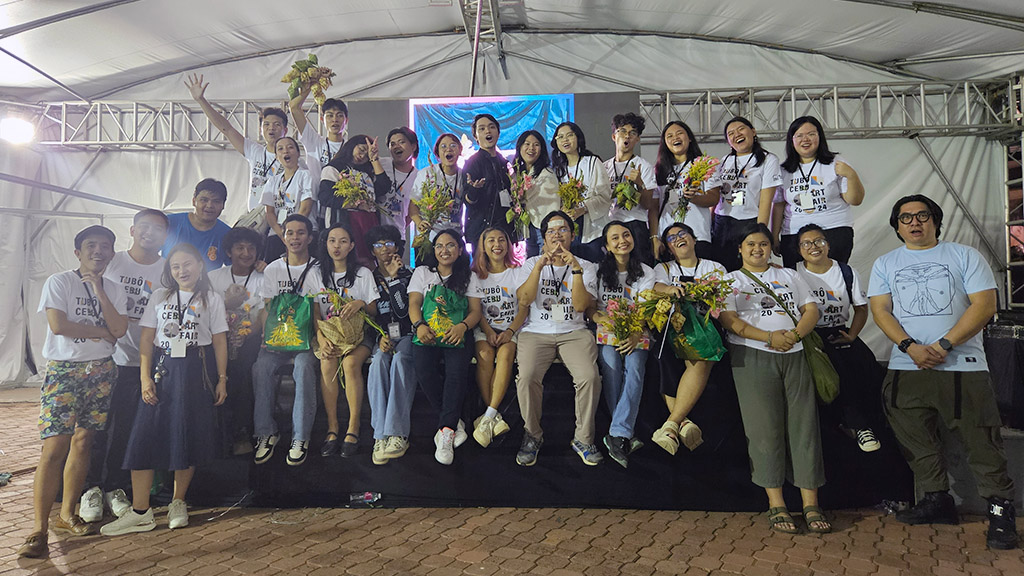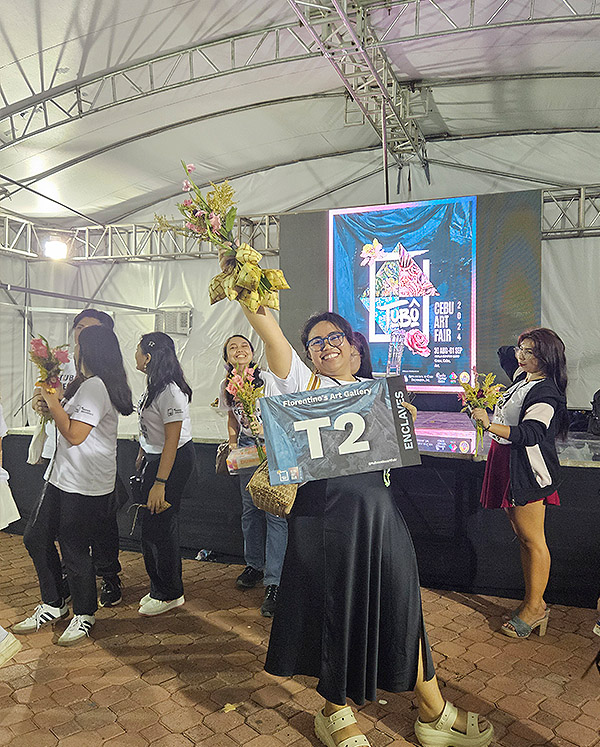
Ant Colony
by Nathanael Owen E. Aguas
The great Greek philosopher Socrates once wrote in his book of Meditations: “We are made for cooperation with one another. To act against this is contrary to nature.”
In his rationalization of humans inherently being social creatures, our connections are a prerequisite for thriving as a community. As a great intellectual contributor to Western philosophy, Socrates believed a good life is a life of virtue.
In his beliefs, to live through this is to live according to one’s nature, but could such notions be applicable today? In the hustle and bustle of today’s growing society, individualism and the pursuit of self-interest grow as common ideologies within the purview of modern culture. This now begs the question of how relevant living for oneself is in this dog-eat-dog world.
Is the spirit of virtue and volunteerism becoming obsolete?
There’s no question that the current state of the world has been substantially divided in terms of its political discourses, cultural differences, and economic stability. The range of persisting inequalities exceeds the charts. The threats and repercussions of war from territorial disputes, racial profiling, ethnocentrism, the rising poverty margins, and many many more. Power and influence are like the drug that remains one of humanity’s biggest thorns on its side, creating a vast majority of our current inequities. It’s as if we returned to our primal roots and followed a new golden rule: “Every man for himself.”
However, considering the plethora of issues wrought by this ideology, how can we say humanity isn’t shooting itself in the foot with its carelessness? How important then is solidarity in addressing these man-made issues?
“Strength is in the numbers,” “the more the merrier,” and “two heads are better than one”—you’ve heard it all before and with good reason. To illustrate my point, think of an ant colony. Now one measly ant could only do so much, but group it with other ants and you’d see them perform phenomenal things: constructing an underground colony, fending off large predators, and so finely coordinating with one another. Now put that into the human context. Imagine a world where people actively utilize their talents and skills more willingly to achieve a great objective.
Like ants, we require each other to thrive, but our unique characteristics as humans open up many opportunities. Think about the innovations made in efforts towards human rights, climate change, technological advancements, and the like. But the capitalist framework often limits us towards this through monetary compensation and financial stability. If, for a second, money isn’t at the center of our universe and people are more considerate of one another, what do you suppose life would look like?
“Siamo tutti fratelli” meaning “We are all brothers,” was spoken by Jean Henri Dunant—a man recognized as the “First Volunteer” within the history of the Red Cross, an organization of volunteers that aids and mitigates the suffering of humanity. Volunteerism is willingly rendering your services for a cause without compensation or reward.
In humanity’s efforts to survive, it’s important to note how essential it is to live for each other. We all are in likeness in flesh, blood, and bones. What we give to ourselves should also be given to the community. Imagination is humanity’s blessing that is further manifested in unity.
Volunteering allows us the opportunity to recognize what is needed in society. An act of the heart is one of great power, and volunteerism embodies that value at its core. Wealth, fame, and power—these are the core domains that run the globe on its axis. The modern world has been turned upside down, leaving many to fend for themselves in the sheer amount of inequities plaguing society. Looking back at who we are and what we can do as social creatures, therein lies an opportunity amidst stressful times to understand solidarity as a solution. In acknowledging the present issues, our willingness to provide an initiative to change without question of compensation appropriates itself towards developments within humanitarian, cultural, and artistic endeavors. The virtue of volunteerism can ultimately pave the way for a more sustainable and communicable society.
We can rebuild this colony, one grain at a time.



